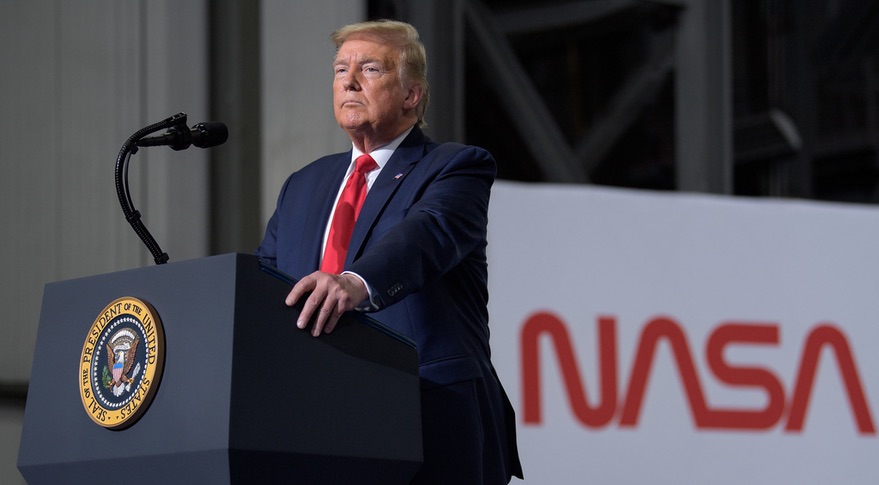President Donald Trump was sworn in today. His first term included several space- initiatives including the initiation of the Artemis Accords and the creation of the Space Force. Since his election in November, SpaceNews’ journalists have been writing about what to expect during a second term. Here’s our guide for a second Trump administration as it relates to space.THE PEOPLEElon Musk. It’s hard to start anywhere else. Musk will co-chair a commission called the Department of Government Efficiency (DOGE) to root out wasteful spending, raising questions about what Musk, whose companies have raked in billions of government dollars, will try to cut. “Elon’s interest in small government exceeds Elon’s interest in space architecture,” said Greg Autry, who served on the first Trump administration’s NASA transition team. Some, such as Jeff Bezos, have said they don’t expect Musk to use his newfound position to disadvantage competitors. Jared Isaacman. Trump nominated Isaacman as the administrator of NASA. Isaacman is best known as an entrepreneur and commercial astronaut who twice flew on SpaceX missions. Troy Meink. Trump nominated Meink as Secretary of the Air Force, which also oversees the Space Force. Meink is the principal deputy director of the National Reconnaissance Office, the intelligence agency that handles the acquisition of satellites. Matthew Lohmeier, a former Space Force commander who was removed from his post over his public criticism of military diversity initiatives, is Trump’s pick to be undersecretary of the Air Force. In addition, former Rep. Mike Waltz (R-Fla.), who was a vocal proponent of advancing U.S. space capabilities and worked to promote the space industry, particularly in Florida, has been selected as Trump’s national security adviser.THE TRENDS TO EXPECTIn Europe, officials have been concerned that an “America first” approach promoted by Trump during his election campaign could weaken cooperation with Europe on civil and military space.Strong support for space weather. “We do anticipate continued strong bipartisan support for space weather- activities,” said Chris Cannizzaro, head of the Cybersecurity and Infrastructure Agency’s Space Systems and Services branch. Space weather experts anticipate some changes, though. The second Trump administration is likely to shift the focus of national space-weather activities toward providing timely alerts and warnings to the Defense Department and increasing the resilience of military systems.WATCHSpaceNews hosted a webinar on what to expect during the administration. Panelists included Lori Garver, Courtney Stadd and Michelle Hanlon. OPINION PIECESOf course, many in the space industry have ideas on what the Trump White House should – and should not – do over the next four years. Kam Ghaffarian argued the next administration should turn to private space stations as a way to counter China.Chris Carberry suggested that it’s time for a debate on whether SLS and Orion will or should be a long-term element of our deep space exploration fleet. “As Starship, New Glenn, and other systems come online, they may well prove to be better suited for our ambitious goals. But we have not yet crossed that threshold,” he wrote.Peter Juul warned of NASA becoming “a glorified contracting agency.” And Audrey Schaffer urged the Trump administration to maintain and properly support the National Space Council, lest space priorities fall to the wayside. Check out the January 2025 issue of SpaceNews magazine, where our reporters went even deeper on these topics. Stories include: A look at Isaacman’s past
What tariffs could mean for the space industry
Why space weather data firms expect an unprecedented opportunity
A new guard of military contractors vying for space contracts
